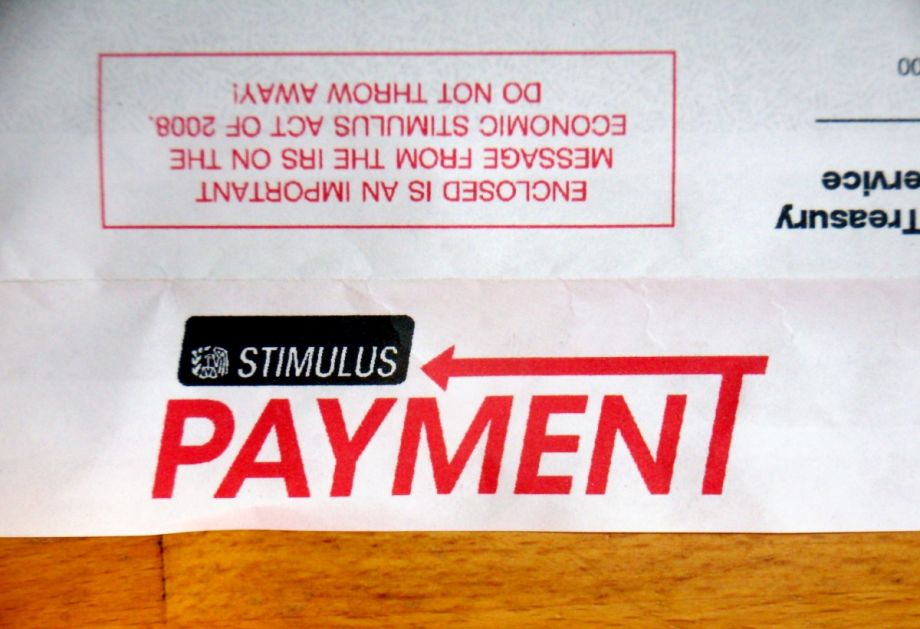The Senate voted unanimously late Wednesday to approve a $2.2 trillion economic stabilization package. It next heads to the U.S. House, which is expected to pass the bill today.
The package includes direct cash payments to most Americans (calculate how much you’ll get here), expanded unemployment benefits, help for small businesses, and a lot more. It is, the New York Times notes, more than twice as big as the $800 billion stimulus package passed in 2009 during the Great Recession. Even such a colossal amount may not be enough to repair the economic damage.
A typical small business only has enough cash to survive 12 days without new revenue, the Times said. These payments, even if they are distributed quickly, will only last a few months.
The expanded unemployment insurance allows laid-off workers to receive an additional $600 per week on top of what they receive from their state agency, but the extra support only lasts for four months, the Washington Post reported. (In past recessions, Congress has extended the length of time that individual workers can stay on unemployment benefits; it’s not clear whether that could happen here or if it would include the federal supplement.)
Experts have argued for expanding unemployment benefits even further. During the Great Recession, Moody’s economists estimated that every dollar spent on unemployment benefits puts $1.64 back into the economy.
A record 3.3 million Americans applied for unemployment benefits last week, nearly 10 times more than the first week of the Great Recession, and far surpassing the previous record of 695,000 set in 1982. Unemployment websites in several states crashed and phone lines were tied up for hours.
The bill also includes a $367 billion employee retention fund. Small businesses that keep their workers on payroll can receive loans — some of which will be forgiven if they keep their workers for the duration of the crisis.
Finally, the bill includes $500 billion for business lending; businesses that get these loans will be prohibited from buying back any stock for as long as they receive government assistance, plus one additional year.
That $500 billion includes $75 billion for airlines and other hard-hit sectors. Airlines will be prohibited from furloughing or laying off employees through September and also will be prohibited from spending money on stock buybacks. The Washington Post reports that American Airlines spent $13 billion on buybacks in the past decade; and United approved $5 billion in buybacks since 2016.
What else we’re following in the news this week:
Your questions about how the stimulus package will affect you, answered.
This article is part of The Bottom Line, a series exploring scalable solutions for problems related to affordability, inclusive economic growth and access to capital. Click here to subscribe to our Bottom Line newsletter.


















